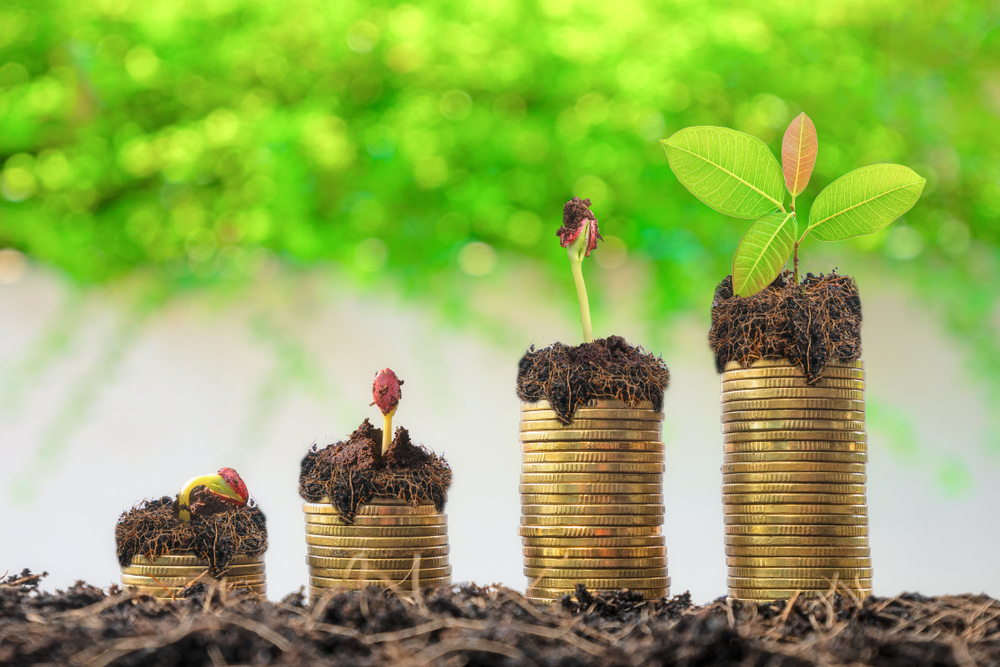From a suffocating bureaucracy to high production costs, Brazil is known for being a hard place to do business. For a foreigner, fluctuations in the Brazilian currency and the language barrier add to this list. But for a specific type of investor, the country’s huge population, abysmal inequality and recent improvements in legal requirements make the country an attractive destination for capital.
“Impact Investors,” as these capitalists are known, do not only seek to maximize gains. They are equally concerned with the social and environmental consequences of the enterprises they lead or back. In other words, they look for opportunities not only to make money but also to improve underprivileged communities.
The trend has picked up over the past decade, and it is one of the reasons why there is still significant growth potential in Brazil. Daniel Izzo, co-founder and executive director at VOX Capital, one of Brazil’s first impact investing firms, says that back in 2009 it was hard to set up meetings with fund managers to talk about impact investment.
“We wouldn’t be taken seriously. Some fund managers would even get angry at us. True story,” he said during the Invest4Good Brazil conference held this month at the London Business School.
Mr. Izzo revealed that things started to change around 2012. More meetings began taking place and people were becoming more aware of impact investment. “In 2016, people were asking to meet us because they knew they needed to know more and move in this direction,” he said.
Focused on sectors that affect people living in urban poverty, such as health, housing, mobility, education, employment, and financial services, VOX Capital has already invested in 23 enterprises which reached 7.2 million people in 2018 alone.
So far, the impact investment firm has analyzed over 5,000 projects. They seek to support businesses that use technology for rapid growth and are capable of generating a social or environmental impact for the bottom 80 percent of the population, corresponding to some 160 million Brazilians.
One of the ideas backed by VOX is the fintech Avante, which provides microloans to small businesses in the Northeast, demanding less collateral and charging lower interest rates than retail banks. Other companies boosted by impact investments provide software and managerial solutions to expedite processes and professionalize health clinics, schools, and small firms, for instance.
Mr. Izzo reveals that among their investors are over 60 wealthy Brazilian families and high net-worth individuals, as investors with over USD 1 million in assets are usually known. At the conference in London, he said that for now these people are testing how impact investment works.
“Some of them are close to philanthropy, considering it less as an investment and more as money that they might not recover, but I think that once the cycle proves itself and they get the returns, we will prove that the concept of impact investment works. Then we may see more capital inflow,” he said, acknowledging that the amount currently invested in social and environmental causes is “very little” given the size of the Brazilian financial market.
Business attracting impact investment
But who are the businesses backed by impact investors? As an Impact Institutes and Foundations (FIIMP) report explains, there is no legal or tax framework to determine precisely what an impact business must look like in Brazil.
The four criteria established by the Social Finance Task Force in 2015 establishes...


 Search
Search






































